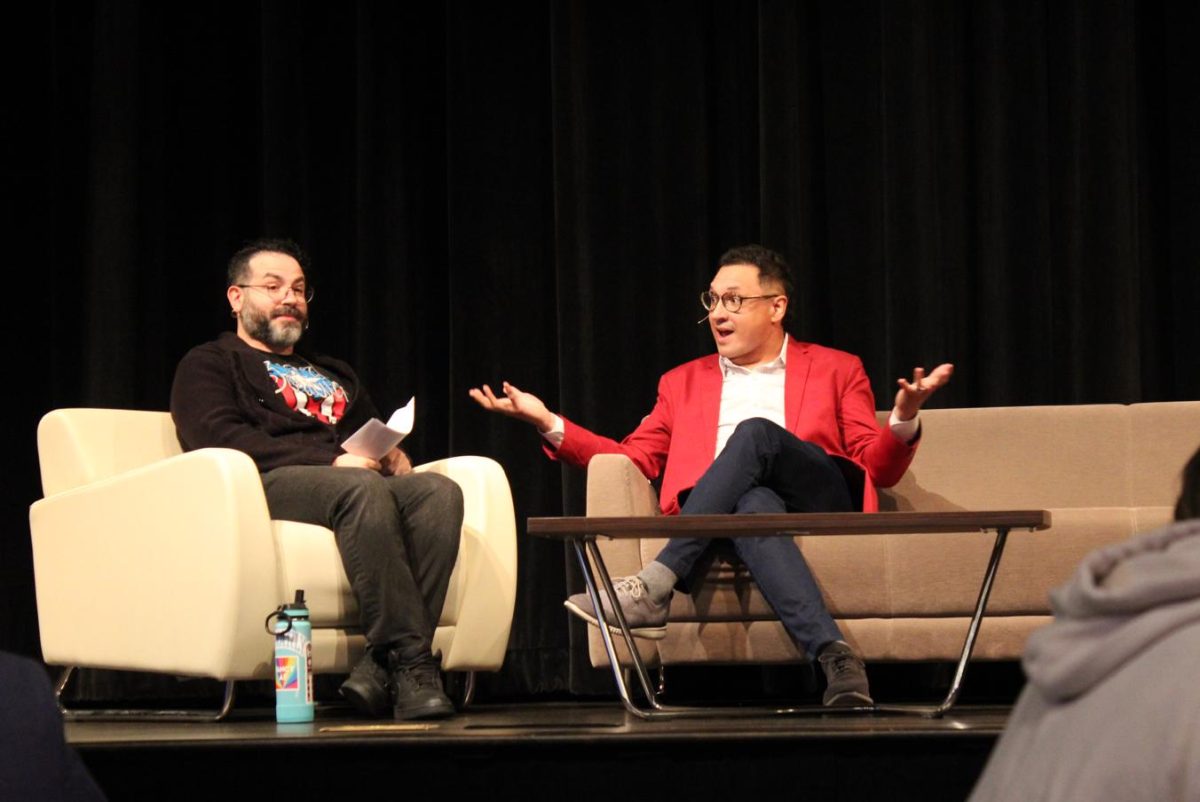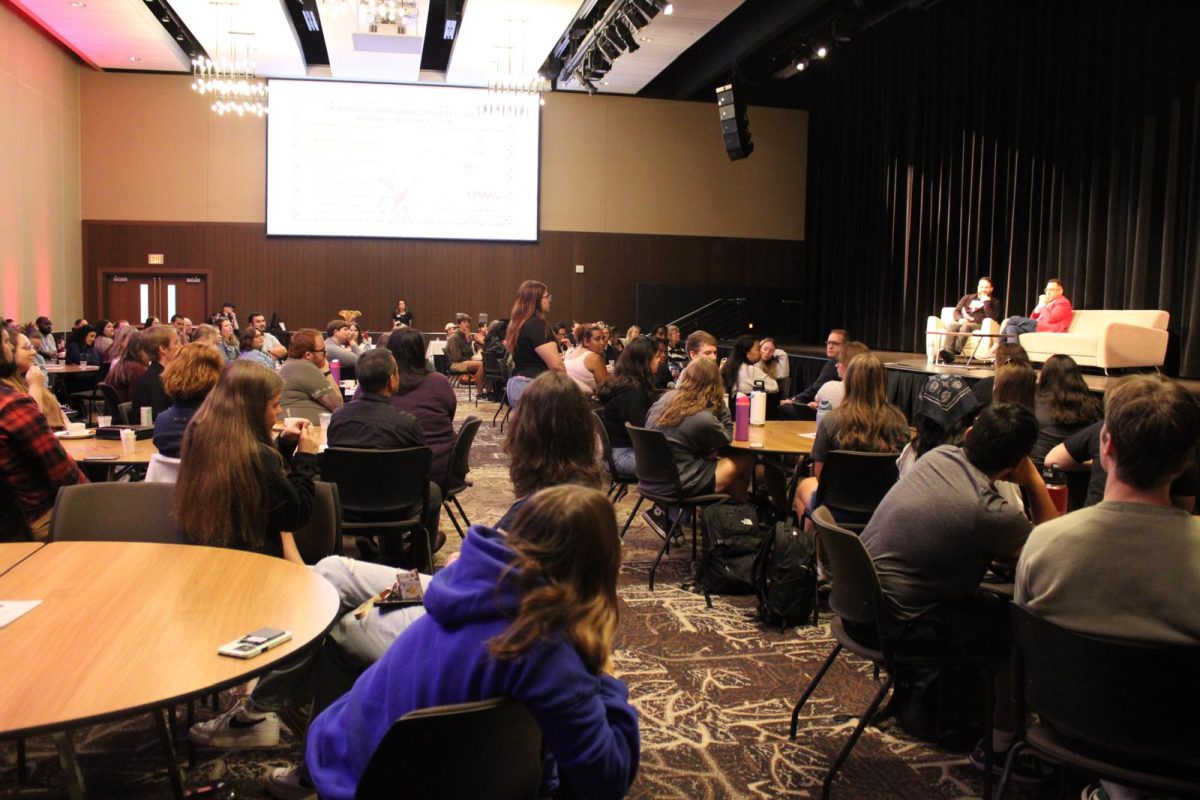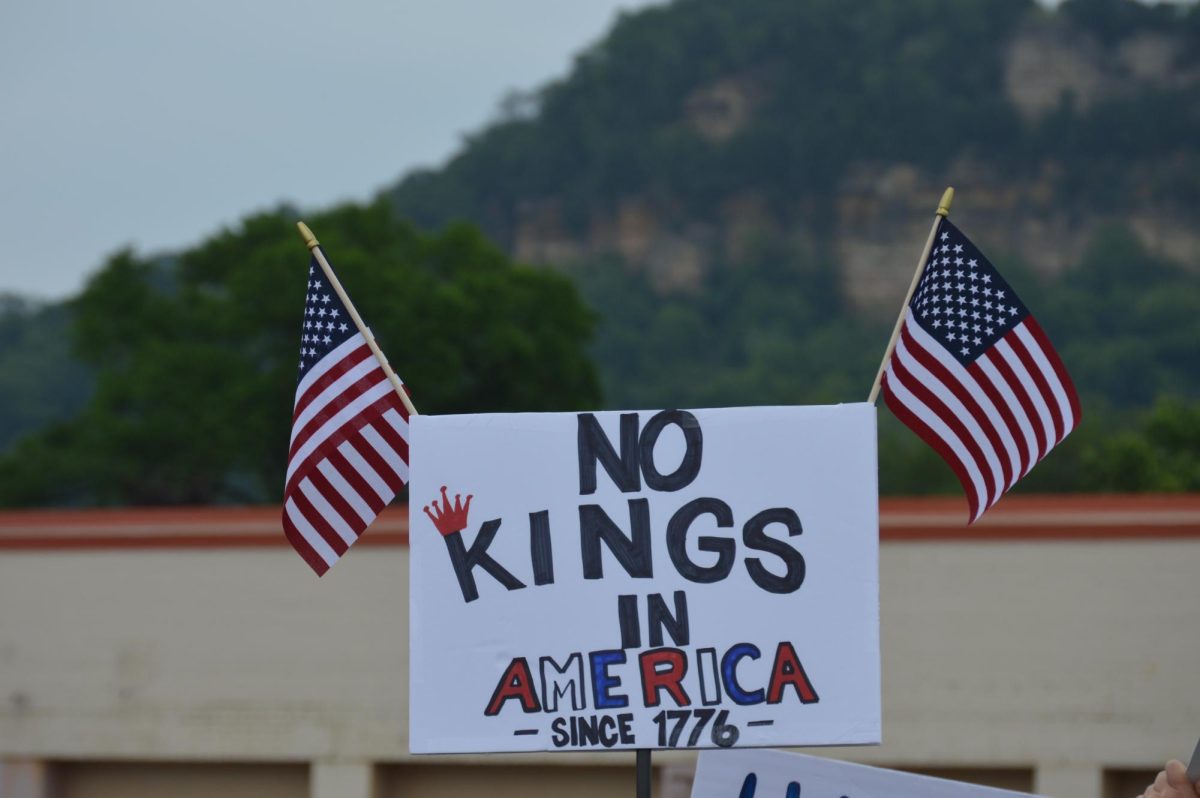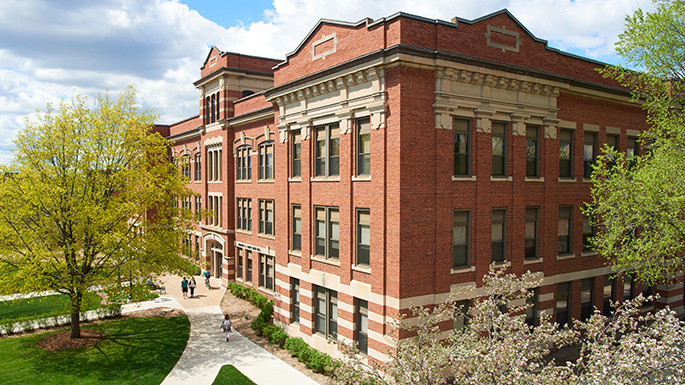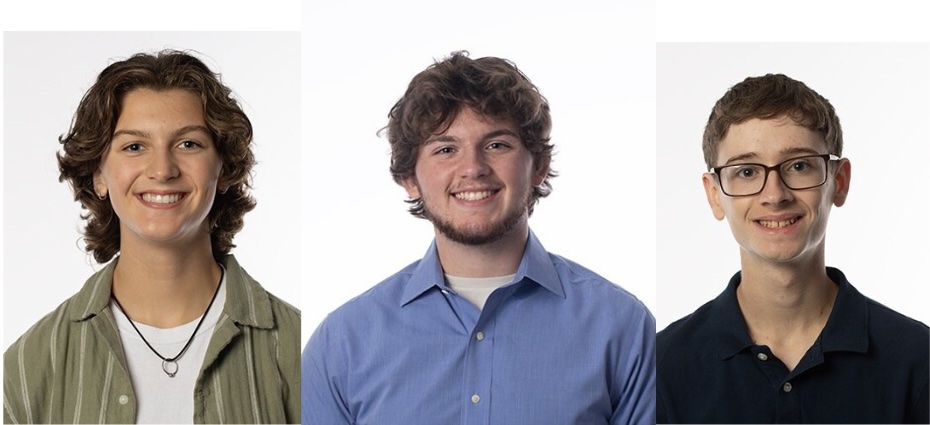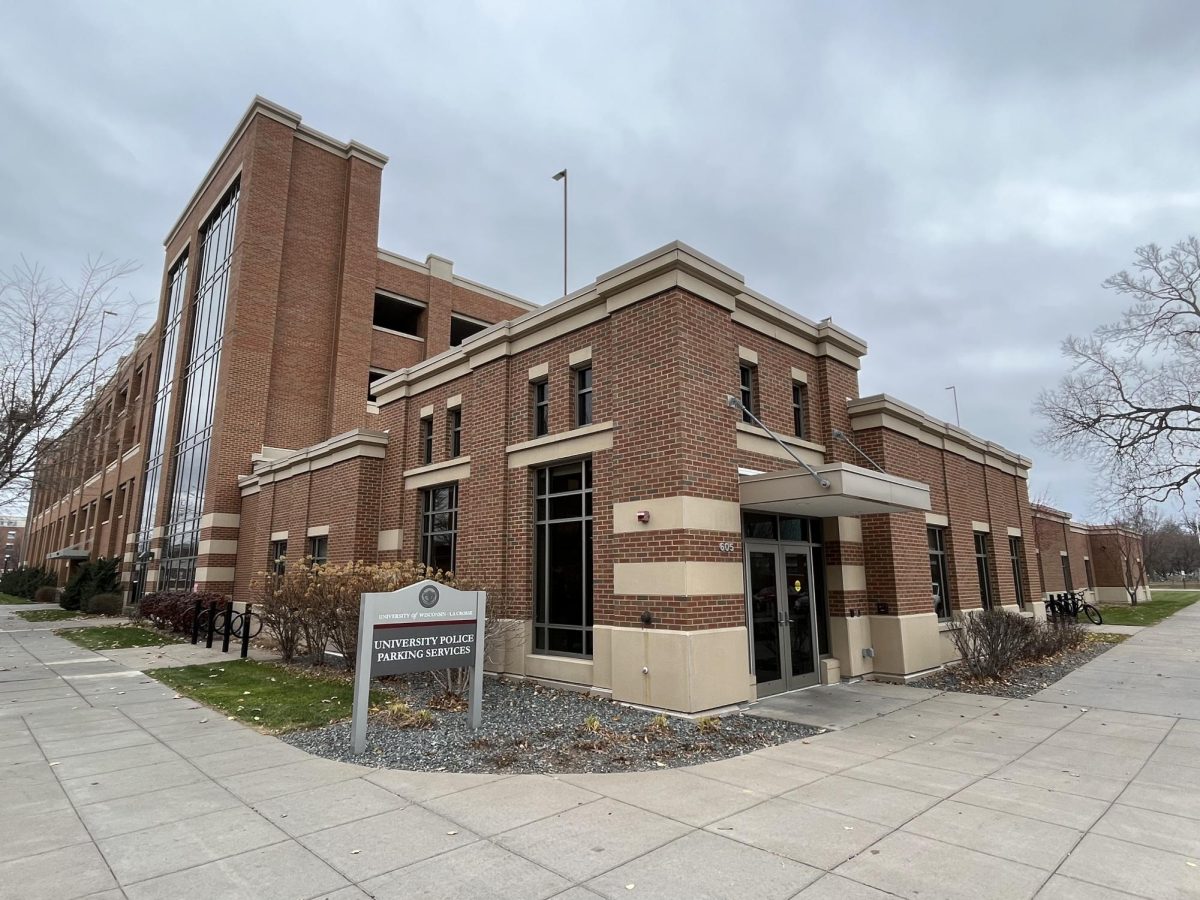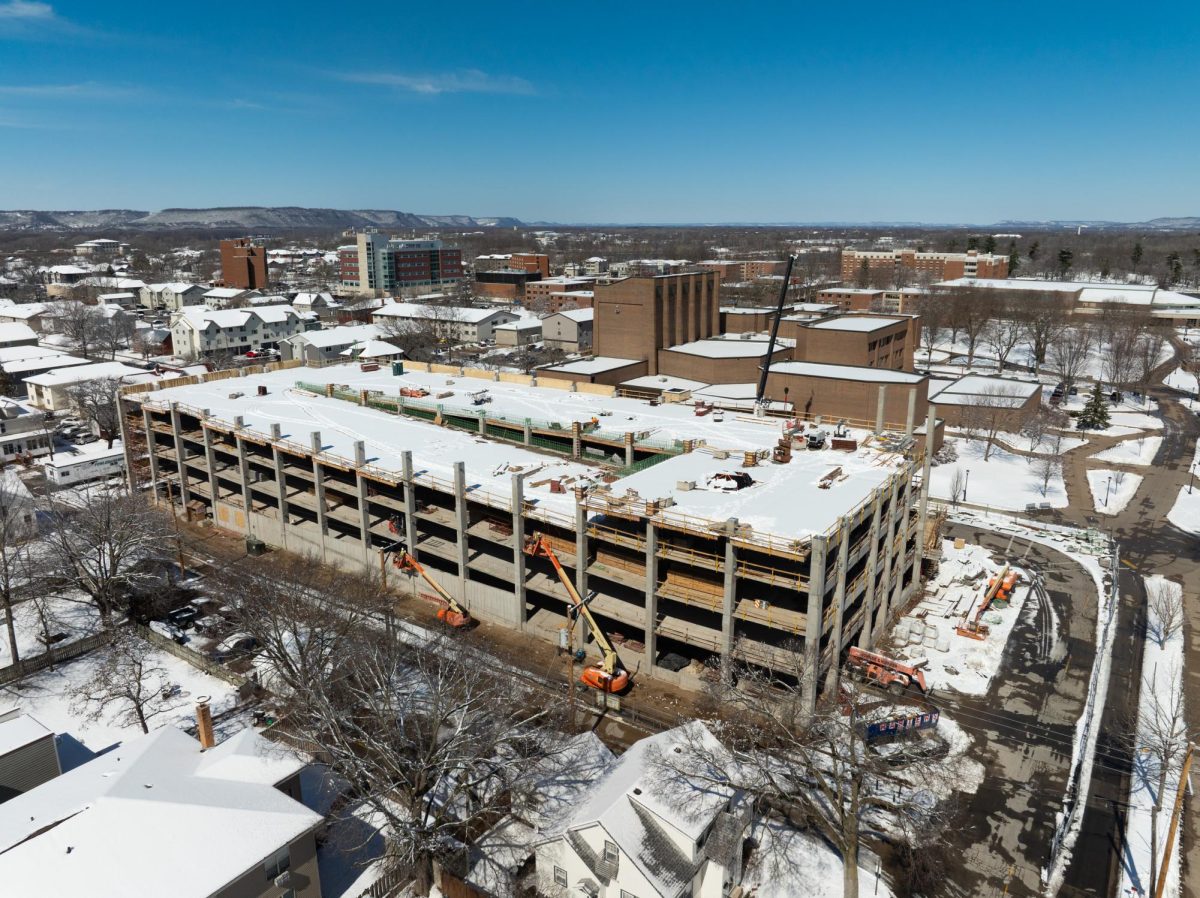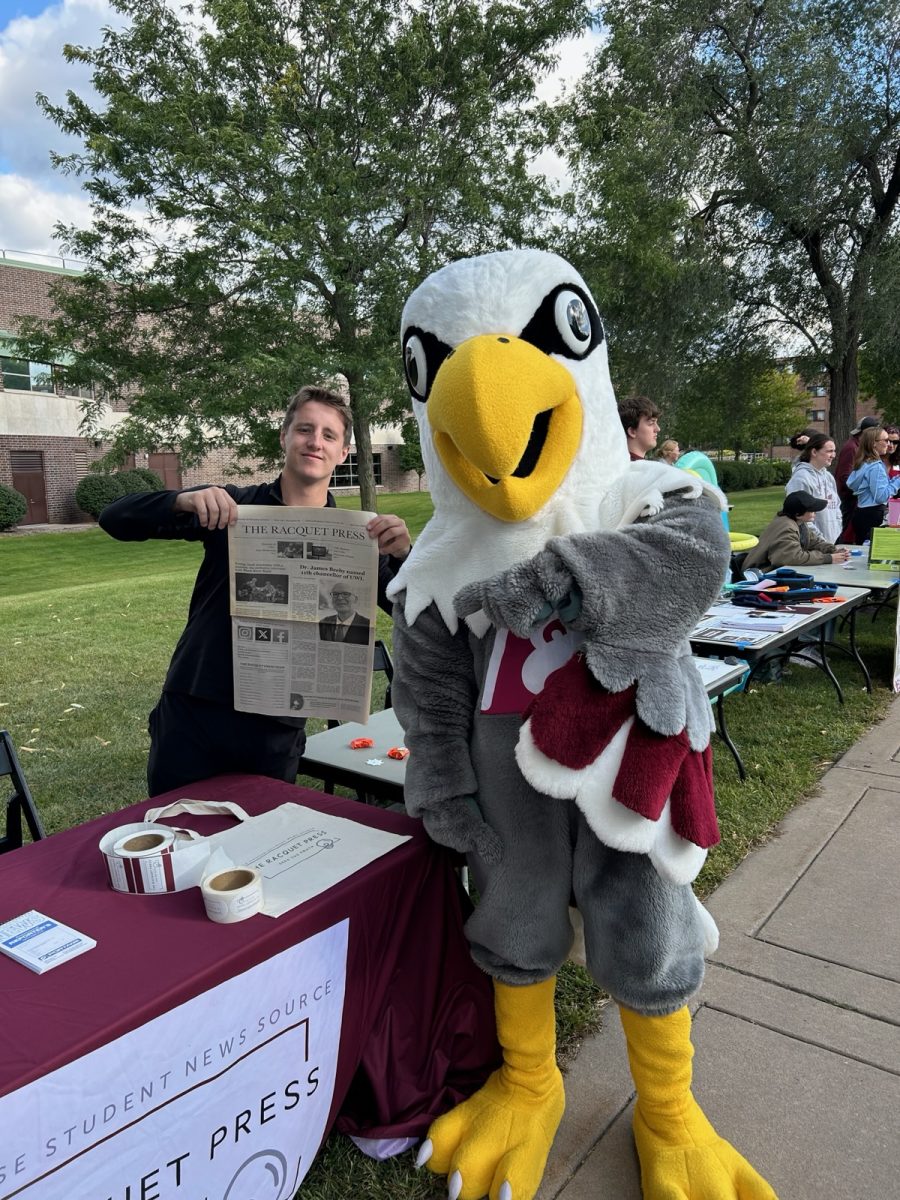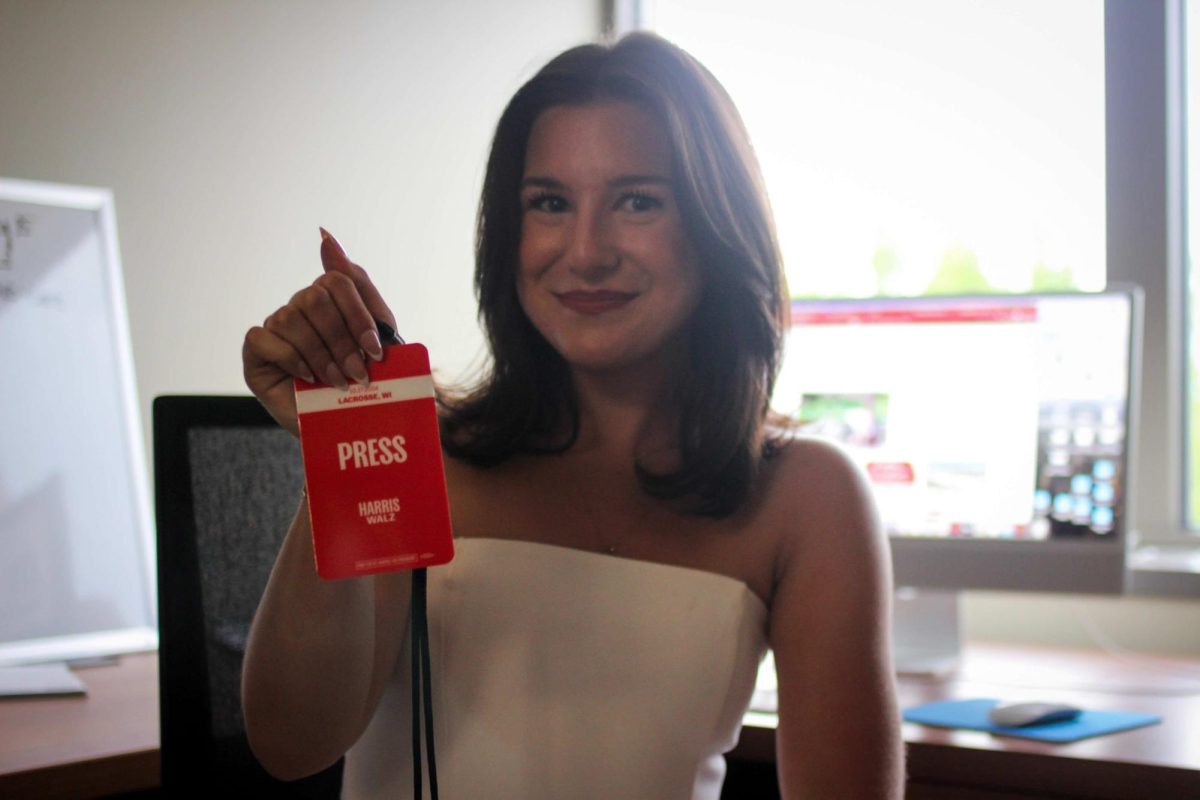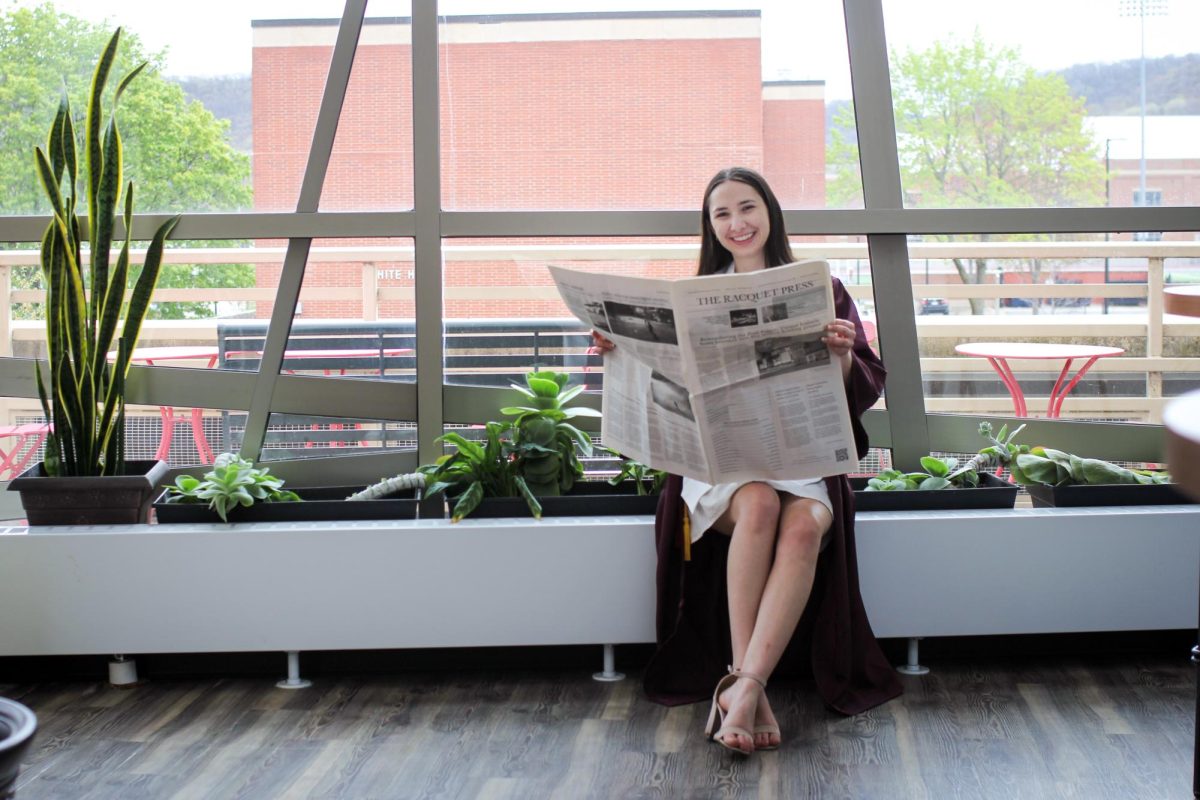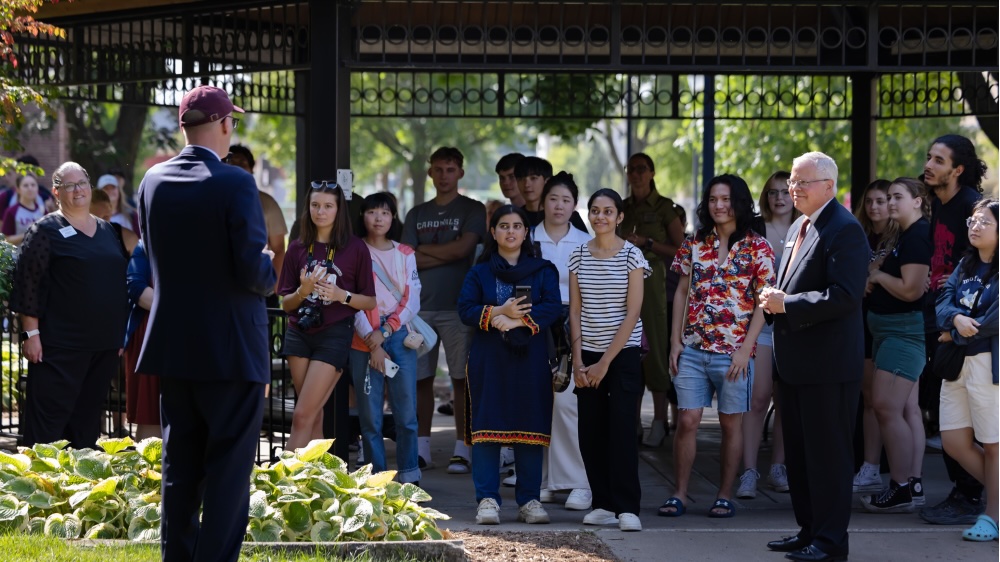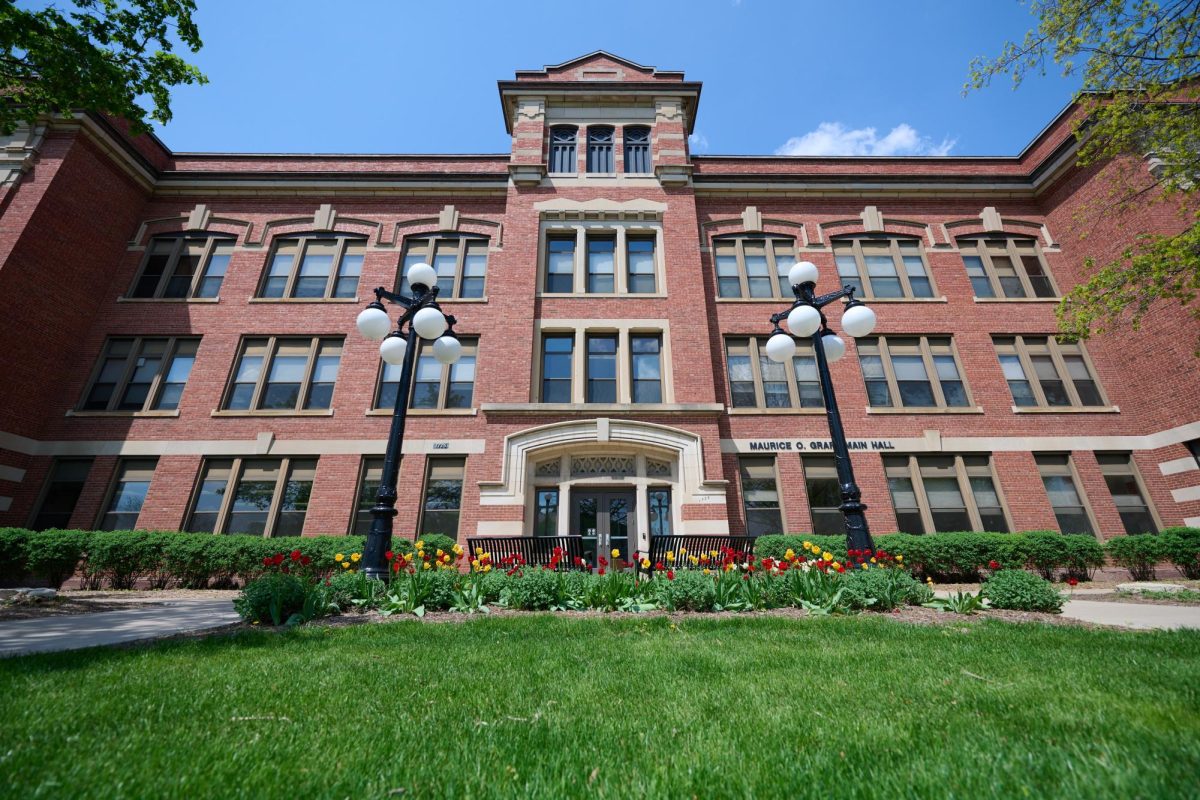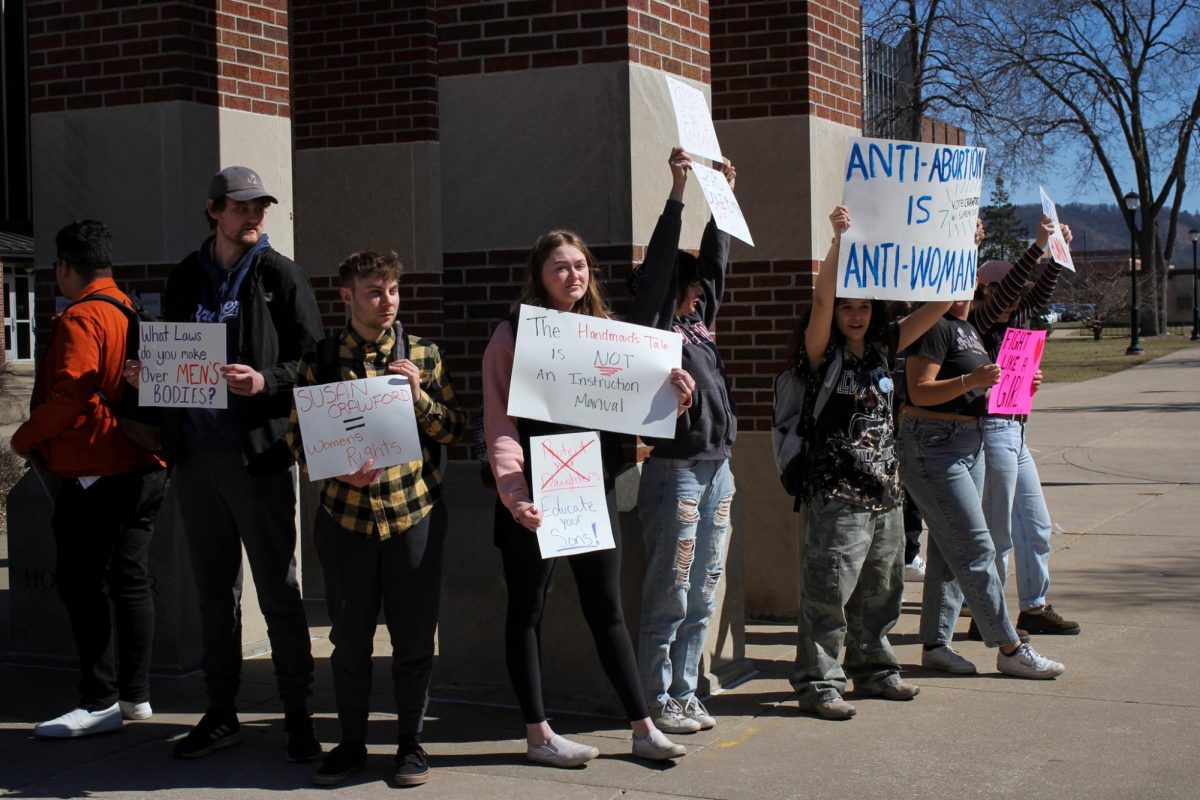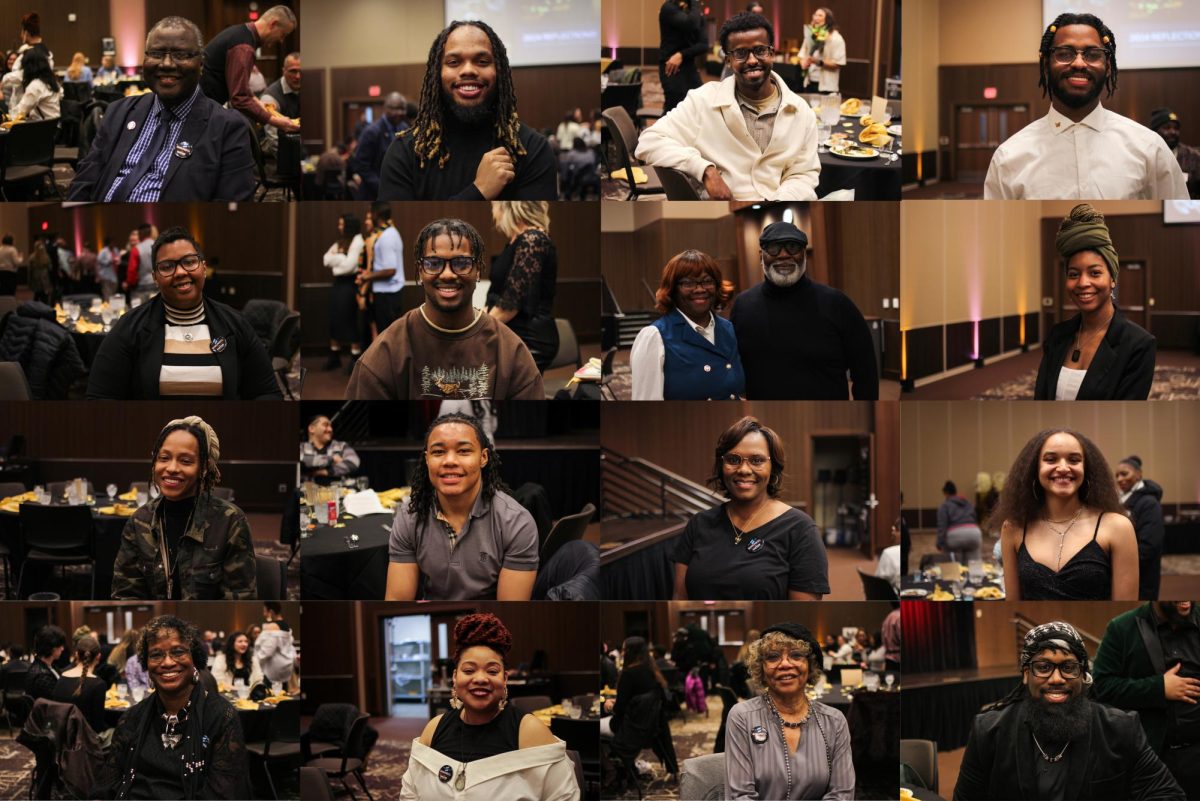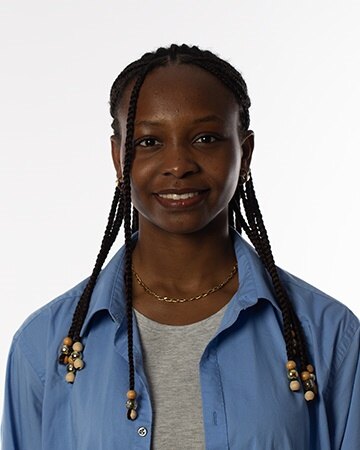On Thursday, Sept. 6, the University of Wisconsin-La Crosse hosted a luncheon starring a ‘couch conversation’ for Hispanic Heritage Month. The luncheon started at 11 a.m. and featured a Puerto Rican menu.
Caleb Colon-Rivera, the program manager for the Center for Transformative Justice hosted the luncheon.
He said, “Throughout Hispanic Heritage Month, we invite you to participate in events that amplify the voices and achievements of the Hispanic and Latin-X communities. These celebrations foster inclusivity, connection and empowerment as we honor the past and celebrate the present, and continue to work toward a future of equity and justice for all.”
Colon-Rivera introduced the main speaker, Dr. J.C. Wagner-Romero, describing him as a distinguished faculty member from the School of Education with a deep commitment to equity and culturally responsive teaching.
Wagner-Romero started the conversation by sharing his story. He talked about his childhood in New Orleans raised by a single mother and growing up in government-owned housing for low-income residents called the Projects. Even as a child Wagner-Romero was engaged in the community and always wanted to do work to benefit people.
So as a kid, I joined this tutoring group in the projects. And at seven I was tutoring kindergartners and so that sort of catapulted a lot of the love that I have for teaching,” said Wagner-Romero.
He continued, “Wanting to be a teacher was something that I wanted to do as a kid and that tied really beautifully with my Hispanic Culture because I also grew up with a family of teachers from Nicaragua.”
Wagner-Romero briefly touched on his journey before coming to UWL. He came out at the age of 16 and got bullied, leading to him dropping out of high school and working at IHOP for some time. He then earned his General Education Diploma (GED) and enrolled in community college at 17.
While getting his associate’s degree, he did a lot of community work regarding marginalized communities before going back to his original passion; teaching. He had an extensive academic career before joining UWL in 2022 with his partner Alex Wagner-Romero.
In 2020, Wagner-Romero was elected by the people of New Orleans as the District 4 representative, making history as the first openly LGBTQ-identifying person of color to hold public office in Louisiana, and served as vice president of New Orleans Public Schools until 2022.
“I think people who come from marginalized identities or backgrounds/communities and are really hyper-focused on good social justice work, DEI work, work related to changing the lives of others, we just do the work,” said Wagner-Romero. “We want to see the change happen, but we just continue doing it because it’s so important and don’t stop to think about the impact that we have made.”
Wagner-Romero talked about his relationship with his students and his teaching techniques. He currently teaches three classes; school societies and teachers, multicultural education and global perspectives across the curriculum.
He said, “I talk a lot about my story with my students and I tend to be really vulnerable.” Wagner-Romero continued, “Being a Latino, being a queer person of color at UWL is not an easy thing to navigate and so I’m very open with my students about my own journey navigating my existence on this campus. Because I’m vulnerable they start to open up.”
Wagner-Romero described how he builds a strong classroom culture by spending the first three weeks of classes community-building before diving into the class content. He attributed this teaching style to his past career as a third-grade teacher.
“We’re all going out into the world to be change agents through the work that we do as educators whether we know it or not,” said Wagner-Romero.
Addressing the general audience, Wagner-Romero said, “I want for those of us in this room to work collectively to just gain deeper understandings of the Hispanic/Latino/Latine/Latin-X/Latina experiences right here in our campus community.” With that, he encouraged everyone to “Get out and vote.”
When asked about what it meant to be Hispanic, Wagner-Romero said, “To me it means community.”
To Wagner-Romero being Hispanic means community. He said, “I close my eyes, and I think music and dance, I think being vulnerable, I think about my 75-year-old mother who spent her entire life on her knees cleaning the homes of white people because she couldn’t speak English. I think about resilience, I think about access and fighting for access, I think about purpose. That’s what it means to me.”

